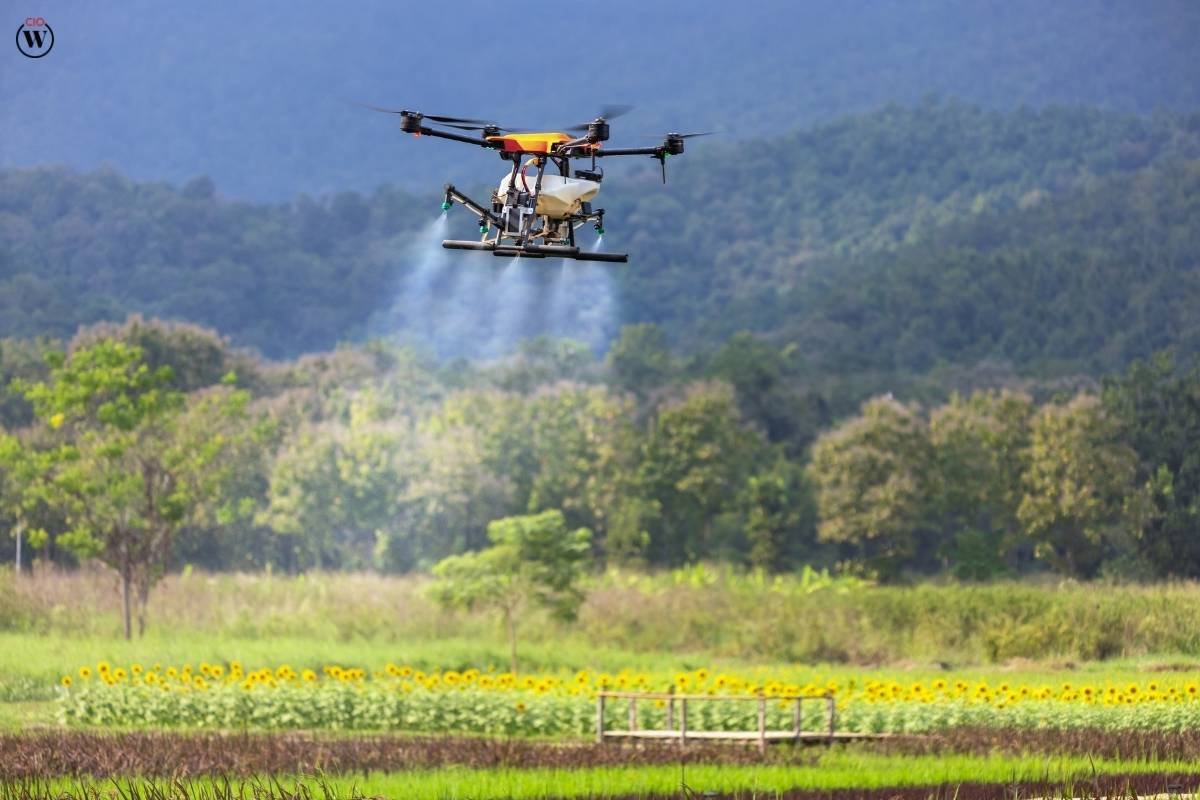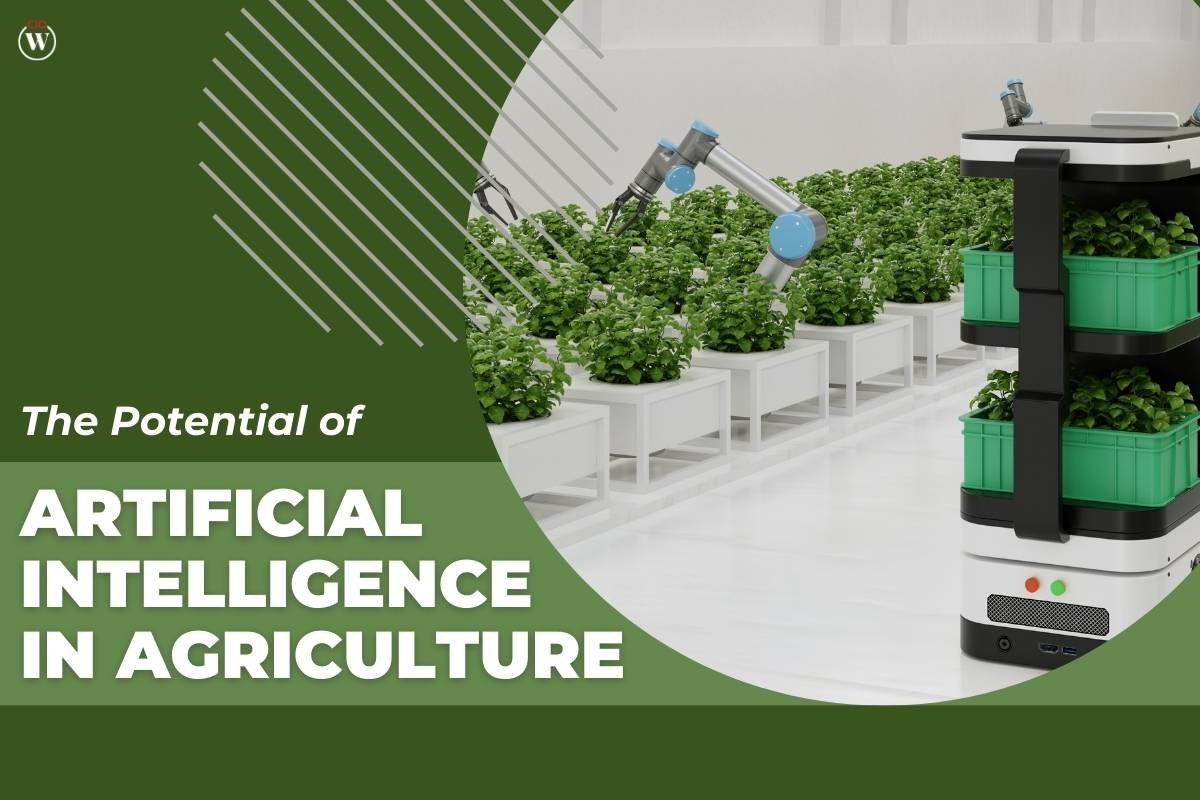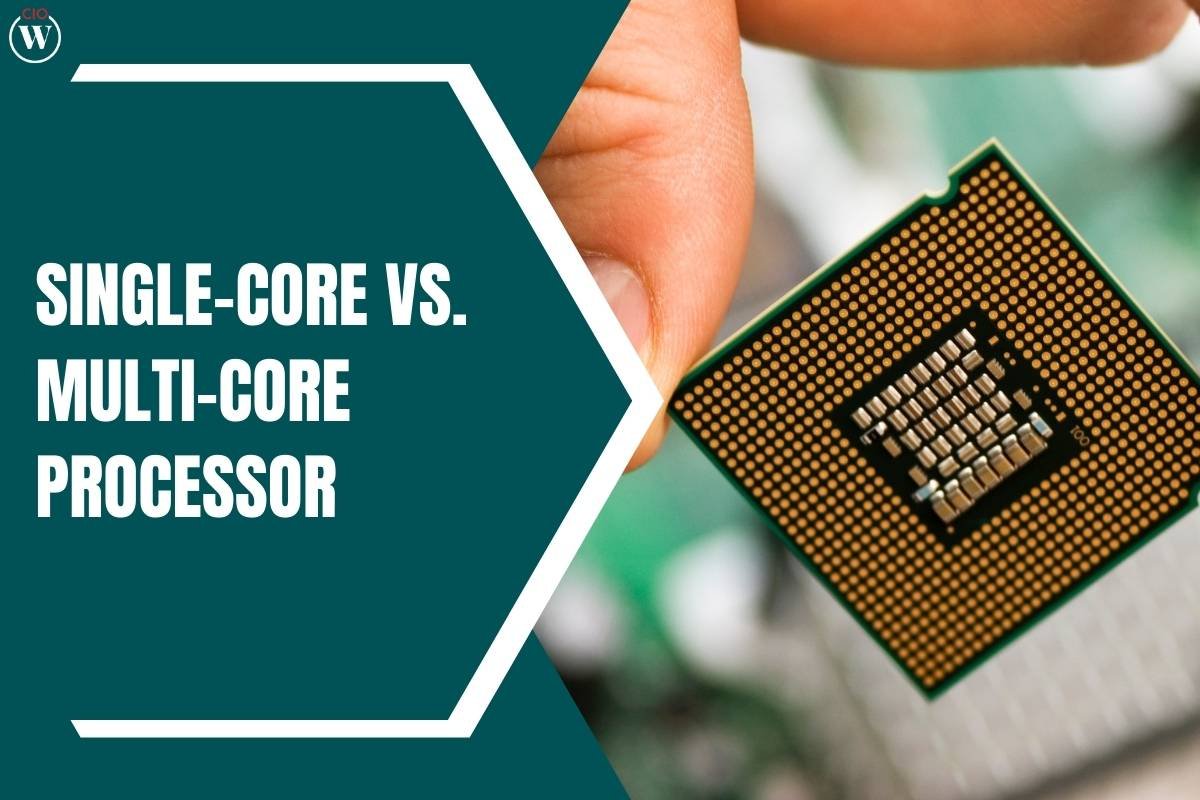In the ever-evolving landscape of agriculture, technological advancements have become the driving force behind increased efficiency and sustainability. Among these innovations, Artificial Intelligence (AI) stands out as a transformative power that holds the promise of revolutionizing the way we cultivate and harvest our crops. This blog will delve into the profound impact of artificial intelligence in agriculture, exploring its current applications, future potential, and the unprecedented benefits it brings to farmers and the global food supply chain.
As we stand on the brink of a new era in agriculture, the integration of artificial intelligence has become a beacon of hope for addressing the challenges that the industry faces. Artificial intelligence in agriculture encompasses a range of technologies, from machine learning algorithms to robotics, sensor networks, and data analytics. These innovations work in tandem to optimize farming practices, improve resource management, and ultimately increase yields.
Precision Farming: A Paradigm Shift

At the heart of the AI revolution in agriculture lies precision farming. This approach involves leveraging AI algorithms to analyze vast amounts of data collected from various sources, including satellites, drones, and sensors. By doing so, farmers can gain valuable insights into soil health, weather patterns, and crop conditions, allowing for precise decision-making in real time. Artificial intelligence in agriculture is a game-changer for precision farming, offering farmers the tools they need to optimize their practices.
AI-Driven Crop Monitoring
One of the notable applications of AI in agriculture is the development of advanced crop monitoring systems. These systems utilize machine learning to interpret images captured by drones and satellites, providing farmers with detailed information about crop health, pest infestations, and potential yield estimates. This proactive approach enables farmers to take timely actions, minimizing losses and maximizing productivity. Artificial intelligence in agriculture facilitates proactive crop monitoring, empowering farmers with real-time insights into crop health.
Smart Irrigation Systems

Water scarcity is a pressing issue in agriculture, making efficient water management crucial for sustainable farming. AI-powered smart irrigation systems analyze data on soil moisture levels, weather forecasts, and crop water requirements to deliver precise amounts of water where and when it is needed. This not only conserves water but also optimizes crop growth, contributing to increased yields. Smart irrigation systems, driven by artificial intelligence in agriculture, play a pivotal role in sustainable water management.
Weed and Pest Control
Traditional methods of weed and pest control often involve the widespread use of chemical agents, posing environmental risks and raising concerns about food safety. AI in agriculture offers a more targeted and eco-friendly approach. Machine learning algorithms can identify and differentiate between crops and unwanted plants, enabling the deployment of robotic or drone-based systems to selectively eliminate weeds without the need for harmful chemicals. Artificial intelligence in agriculture revolutionizes weed and pest control, promoting eco-friendly and targeted approaches.
Predictive Analytics for Crop Diseases
The ability to predict and prevent crop diseases is a game-changer for farmers. AI algorithms analyze historical data, climate patterns, and crop characteristics to forecast the likelihood of disease outbreaks. Early detection allows farmers to implement preventive measures, reducing the reliance on pesticides and minimizing the impact on crop yields. Predictive analytics powered by artificial intelligence in agriculture offer farmers a proactive approach to disease prevention.
The Future of AI in Agriculture: Emerging Technologies

As we embrace the current advancements in artificial intelligence, it’s essential to look towards the future. Emerging technologies such as autonomous vehicles, robotic harvesters, and even more sophisticated AI algorithms hold the promise of further revolutionizing the agricultural landscape. These innovations are poised to enhance efficiency, reduce labor costs, and address the growing demand for food production on a global scale. The future of agriculture is shaped by emerging technologies, with artificial intelligence at the forefront of innovation.
Challenges and Considerations
While the potential benefits of AI in agriculture are vast, there are challenges to overcome. Issues related to data privacy, the digital divide in rural areas, and the initial costs of implementing AI technologies must be addressed. Policymakers, researchers, and industry stakeholders must collaborate to create a framework that ensures the responsible and equitable deployment of artificial intelligence in agriculture. Overcoming challenges is crucial for the successful integration of artificial intelligence in agriculture.
Conclusion
In conclusion, artificial intelligence in agriculture is a transformative force that holds the key to a more sustainable, efficient, and productive future. From precision farming and smart irrigation to advanced crop monitoring and predictive analytics, AI technologies are reshaping the way we approach every aspect of agriculture. As we navigate the challenges ahead, it’s clear that the benefits far outweigh the hurdles, paving the way for a new era in farming—one driven by innovation, data, and the limitless possibilities of artificial intelligence. The transformative impact of artificial intelligence in agriculture is evident, heralding a new era in sustainable and efficient farming.








